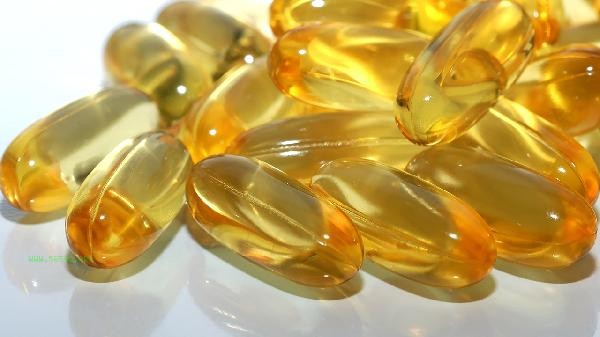Vitamin B can be supplemented through animal liver, whole grains, green leafy vegetables, eggs, dairy products, and other foods. The vitamin B family includes various components such as B1, B2, B6, B12, etc., mainly involved in energy metabolism and nervous system function. Deficiency may lead to symptoms such as fatigue and oral ulcers.

1. Animal Liver
Pig liver, chicken liver and other animal livers are rich in vitamins B2, B6 and B12, among which B12 is almost only present in animal food and plays an important role in preventing pernicious anemia. The liver also contains heme iron, which is suitable for people with iron deficiency anemia. It is recommended to consume once or twice a week to avoid excessive intake of cholesterol.
2. Whole Grains
Whole grains such as brown rice and oats are important sources of vitamin B1, which can help convert carbohydrates into energy. During the processing, a large amount of B vitamins will be lost, so choosing unrefined whole grains is more nutritious. The dietary fiber in whole grains can also promote intestinal health.
III. Green leafy vegetables
Dark leafy vegetables such as spinach and rapeseed contain a lot of folic acid and vitamin B2, and folic acid is particularly important for pregnant women to prevent fetal neural tube defects. High temperature cooking can easily damage B vitamins. It is recommended to quickly blanch or stir fry over high heat. Green leafy vegetables are rich in both vitamin K and calcium.

4. Eggs
Egg yolks are rich in vitamins B7 and B12, while protein provides high-quality protein. Vitamin B7 is involved in fat metabolism and helps maintain skin and hair health. One whole egg per day can meet some of the B vitamins' needs, and those with high cholesterol can reduce their egg yolk intake.
Fifth, dairy products
Milk and yogurt contain more vitamins B2 and B12, and fermented dairy products have higher levels of B vitamins. People with lactose intolerance can choose low lactose yogurt or cheese. The calcium and vitamin D in dairy products can also promote bone health, and it is recommended to consume moderate amounts of dairy products daily. In addition to the above-mentioned foods, legumes, nuts, lean meat, etc. are also good sources of vitamin B family. Diet should focus on diversified combinations to avoid long-term single diet leading to nutritional deficiencies. Vegetarians should pay special attention to supplementing B12, which can be obtained through fortified foods or nutritional supplements. Reduce prolonged high-temperature treatment during cooking and try to retain water-soluble vitamins in food as much as possible. If there are obvious symptoms of vitamin B deficiency, seek medical attention promptly to assess whether medication supplementation is needed.




Comments (0)
Leave a Comment
No comments yet
Be the first to share your thoughts!